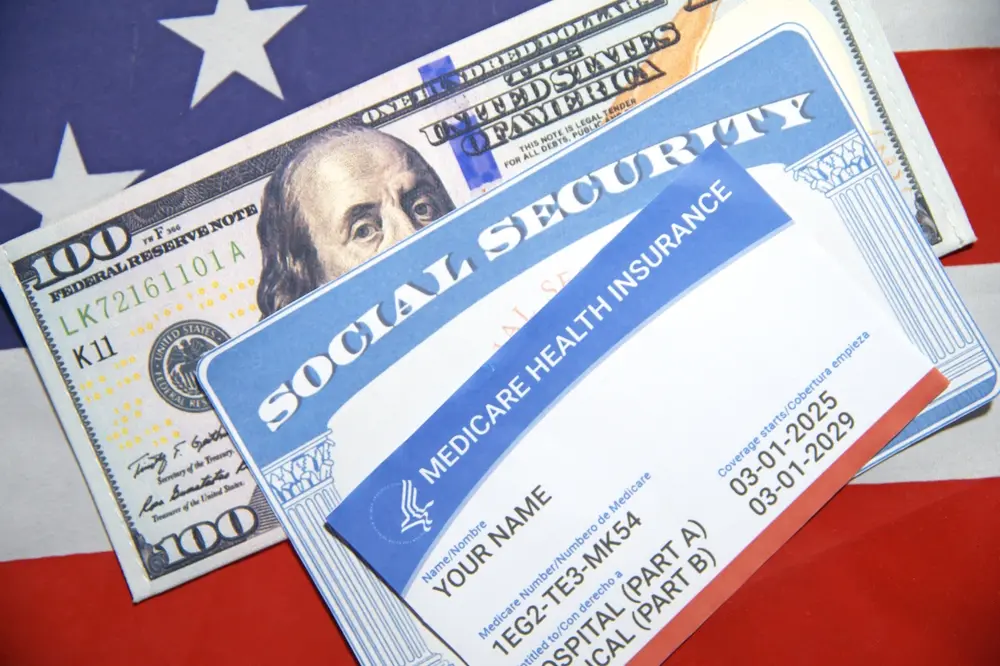New car shortages have put pressure on the used car market. Although used car prices are settling down, they’re still 22 percent higher than in 2021. And according to the consumer price index, as of June 2022, used car prices were over 44 percent higher than in the first quarter of 2020.
Buying a vehicle has always been expensive, but at least you could always get a break by buying a used car. Not anymore. That makes shopping around and making an informed buying decision more important than ever. How do you go about looking for and purchasing a used vehicle? What are the pitfalls to avoid?






